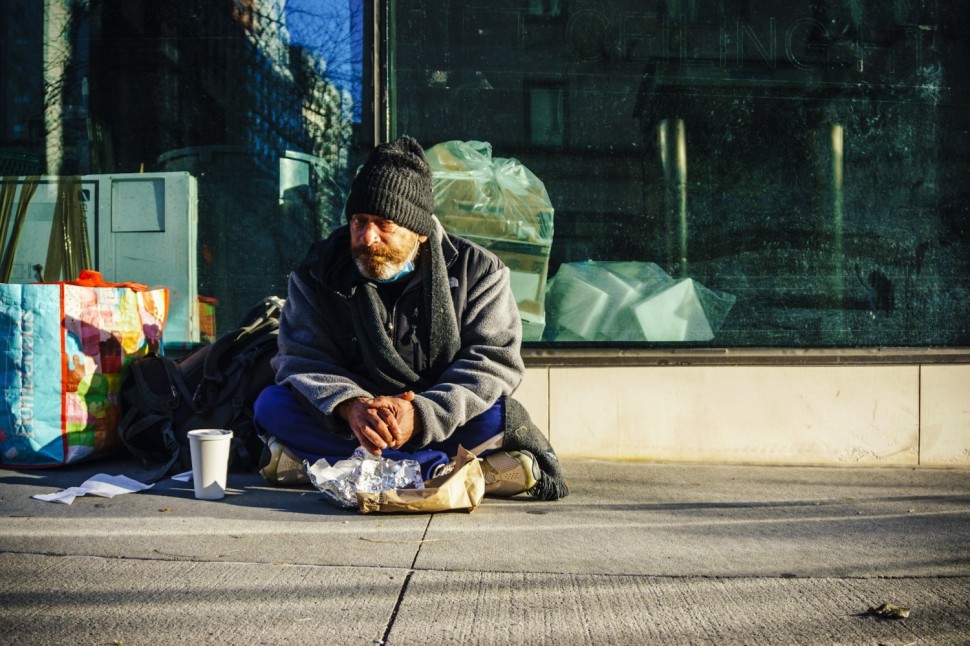The High Stakes of Ticketing the Homeless
As of Monday, the Supreme Court is gearing up to deliberate on a law that has catalyzed national debate-a local ordinance sanctioning fines for homeless individuals who camp in public spaces. Stemming from Grants Pass, Oregon, this law would compel those without a home to pay $295 each night they sleep outside in certain public areas.

Contentious Law Reaches Supreme Court
Previously, the 9th Circuit Court of Appeals settled that municipalities could not enforce such fines without shelter alternatives. However, the towns engaged in the lawsuit seek to overturn this verdict. City and town officials maintain that the constraints thwart their ability to enforce what they deem common-sense legislation against public camping.
The case from Grants Pass, represented by lawyer Theane Evangelis, spotlights the challenges local governments face in managing growing homeless encampments. Evangelis argues that these encampments are unsafe and problematic, stressing the issue is particularly acute for those without homes.
In contrast, homeless advocates warn that an overturn of the current appellate ruling could effectively criminalize the state of being homeless. According to them, encampments have become a reluctant choice for political leaders who confront a severe housing shortage in Western regions of the United States.
Record-High Homelessness Amidst Soaring Housing Prices
The debate occurs against a backdrop of soaring homelessness numbers. On the West Coast, rising rent costs and milder temperatures increase the likelihood of individuals living without homes. The Department of Housing and Urban Development estimates that approximately 650,000 people are homeless in America, with a significant portion dwelling on the West Coast.
Cruel and Unusual Punishment Claim
Central to the controversy is the Eighth Amendment. Homeless advocates maintain that ticketing individuals without access to shelter constitutes cruel and unusual punishment. Offers representing the homeless populations have submitted briefs to the Supreme Court, urging the court not to proceed with the appeal.
ALSO READ: New Tennessee Bill to Fast-Track Eviction of Squatters, Cutting Legal Red Tape for Property Owners
Political Leaders Weigh In on Ticketing Ordinance
The stakes have been raised by high-profile figures such as California Governor Gavin Newsom, who, despite his initiatives to combat homelessness, advocates for the ability of cities to enforce anti-camping ordinances. Newsom suggests that preventing the enforcement of such laws stalls progress and lacks consistent legal instruction for local authorities.
Similarly, the Justice Department has signaled support for overturning the appellate ruling, stressing that homelessness should not be criminalized broadly. On the ground, the mayors of San Francisco and Phoenix, along with 20 Republican attorneys general from across the nation, have fostered the Supreme Court's involvement.
Prospects for a Decision
With oral arguments underway, the Supreme Court's decision is greatly anticipated by late June. Both sides of the argument keenly await a ruling that has the potential to alter enforcement approaches and the daily realities of hundreds of thousands of homeless individuals across the United States.
Implications of the Homeless Rulings
The outcome of this case promises to reverberate beyond the legal system, shedding light on the country's ongoing struggle with homelessness and the practicality of laws designed to manage public spaces. The Supreme Court's decision could set a nationwide precedent, shaping how cities address the visibility and vulnerability of their homeless populations in the face of limited housing options.
RELATED TOPIC:
Congress Bill to Label Immigrant Squatting as Deportable Offense, Sparks National Debate




